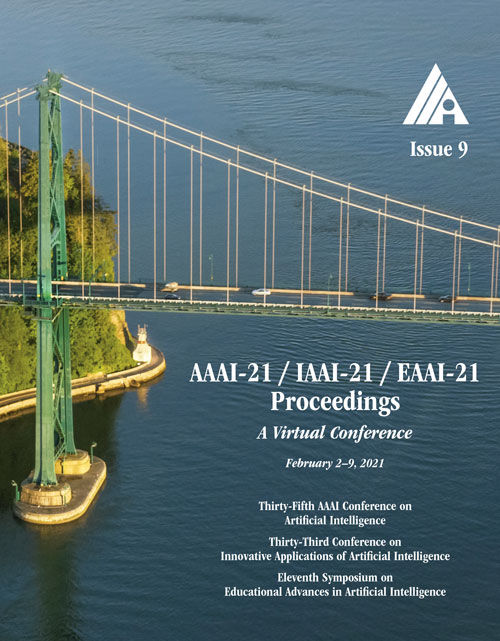Token-Aware Virtual Adversarial Training in Natural Language Understanding
DOI:
https://doi.org/10.1609/aaai.v35i9.17022Keywords:
Adversarial Learning & RobustnessAbstract
Gradient-based adversarial training is widely used in improving the robustness of neural networks, while it cannot be easily adapted to natural language processing tasks since the embedding space is discrete. In natural language processing fields, virtual adversarial training is introduced since texts are discrete and cannot be perturbed by gradients directly. Alternatively, virtual adversarial training, which generates perturbations on the embedding space, is introduced in NLP tasks. Despite its success, existing virtual adversarial training methods generate perturbations roughly constrained by Frobenius normalization balls. To craft fine-grained perturbations, we propose a Token-Aware Virtual Adversarial Training method. We introduce a token-level accumulated perturbation vocabulary to initialize the perturbations better and use a token-level normalization ball to constrain these perturbations pertinently. Experiments show that our method improves the performance of pre-trained models such as BERT and ALBERT in various tasks by a considerable margin. The proposed method improves the score of the GLUE benchmark from 78.3 to 80.9 using BERT model and it also enhances the performance of sequence labeling and text classification tasks.Downloads
Published
2021-05-18
How to Cite
Li, L., & Qiu, X. (2021). Token-Aware Virtual Adversarial Training in Natural Language Understanding. Proceedings of the AAAI Conference on Artificial Intelligence, 35(9), 8410-8418. https://doi.org/10.1609/aaai.v35i9.17022
Issue
Section
AAAI Technical Track on Machine Learning II

